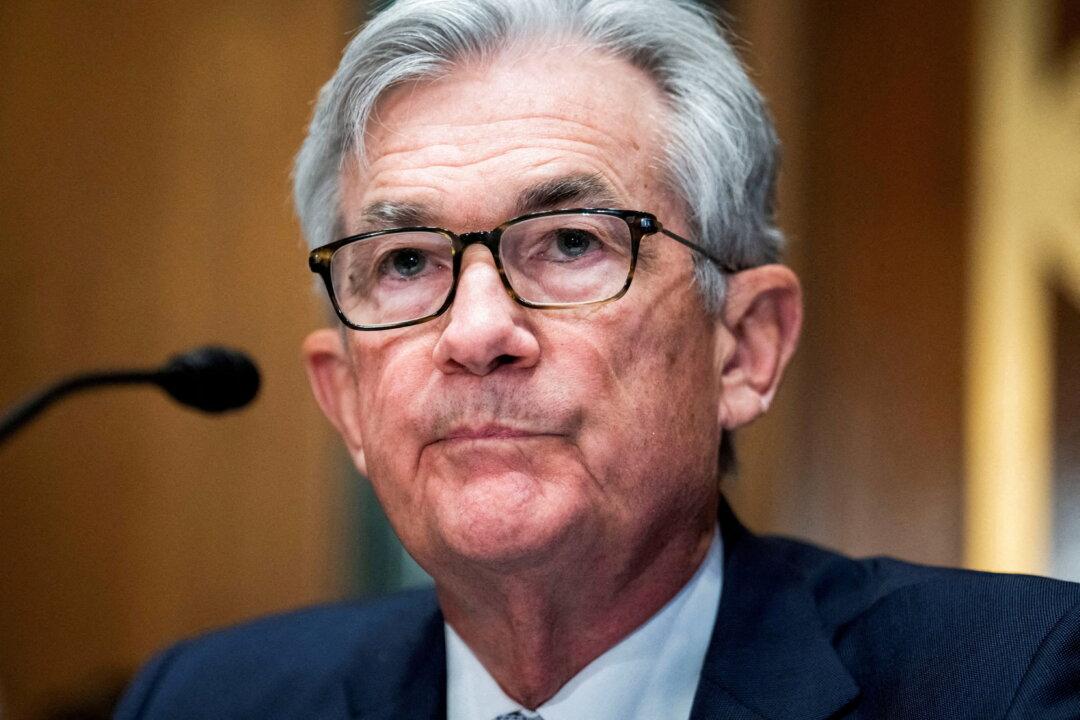The U.S Senate reconfirmed Jerome H. Powell as the Federal Reserve chairman for a second four-year term on May 12, highlighting its confidence in the central bank’s recent policy decisions at a time of 40-year high inflation and a shaken post-pandemic economy.
The Senate approved Powell by an 80–19 vote, with several Republicans and Democrats voting against his nomination.





